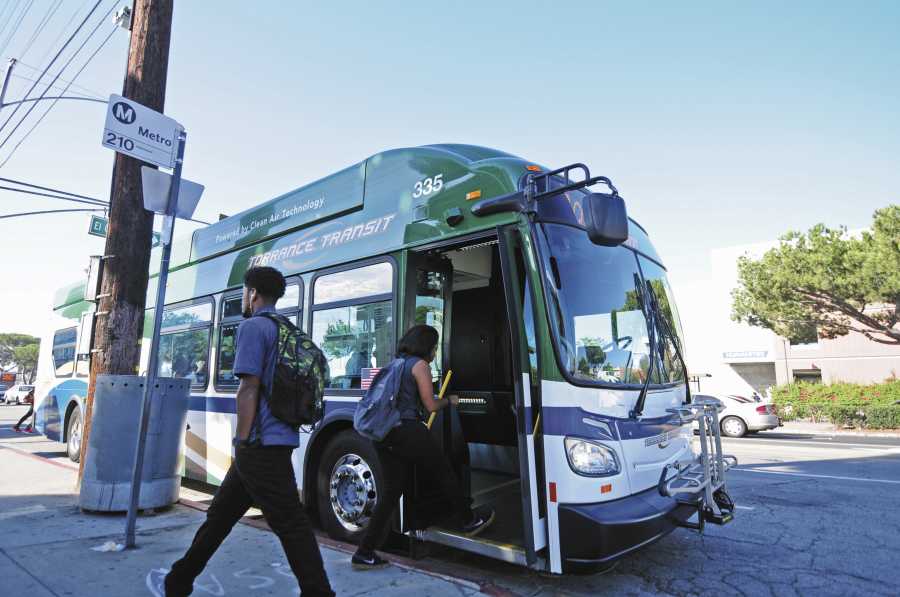Managing personal finances in today’s fast-paced world is a crucial skill. It’s essential to balance fulfilling our needs and saving for the future. One of the best ways to achieve financial stability is by reducing expenses without compromising on our lifestyle. This comprehensive guide will explore 7 effective tips that can help you save money and minimize your spending. Whether you’re looking to pay off debts, build an emergency fund, or invest for the future, these tips will set you on the right path.
How To Reduce Your Expenses
1. Create a Detailed Budget
A well-planned budget is the foundation of financial success. Start by tracking your expenses for a month to identify patterns in your spending. Categorize your expenses into fixed (e.g., rent, utilities) and variable (e.g., dining out, entertainment). Use budgeting apps or spreadsheets to create a comprehensive budget that aligns with your income. Allocate funds for each category and aim to save a percentage of your earnings. By following your budget diligently, you’ll gain better control over your finances.

2. Cut Unnecessary Subscriptions
In today’s digital age, subscription services are prevalent. While they offer convenience, they can also drain your finances if not monitored. Review all your subscriptions, such as streaming platforms, gym memberships, and magazine subscriptions. Cancel the ones you rarely use or can live without. You’ll be surprised at how much you can save by eliminating these unnecessary expenses.
3. Shop Smartly and Seek Discounts
When shopping for essentials or indulging in a treat, always look for discounts, coupons, or cashback offers. Compare prices at different stores and take advantage of loyalty programs. Consider buying in bulk for non-perishable items to get better deals. Additionally, be mindful of your shopping habits, and avoid impulse purchases. With some smart shopping, you can significantly reduce your monthly expenses.

4. Reduce Energy Consumption
Energy bills can be a major expense for many households. To lower these costs, make your home more energy-efficient. Replace traditional light bulbs with energy-saving LED ones, turn off lights and appliances when unused, and seal any drafts around doors and windows. Set your thermostat to a comfortable but efficient temperature. Small changes can lead to substantial savings over time.
5. Cook at Home and Meal Prep
Eating out frequently can quickly add up. Instead, try cooking at home and meal prepping. Plan your meals for the week and buy groceries accordingly. Not only will this save you money, but it’s also a healthier option. Cooking at home lets you control the ingredients and portion sizes, positively impacting your overall well-being.

6. Use Public Transportation or Carpool
Transportation expenses like fuel and maintenance costs can strain your budget. If possible, opt for public transportation or carpool with colleagues or friends. This can significantly reduce your monthly expenses on commuting. Alternatively, consider cycling or walking for shorter distances. Not only will you save money, but you’ll also contribute to reducing your carbon footprint.

7. Review and Negotiate Bills
Regularly review your bills, including utilities, insurance, and internet plans. Sometimes, service providers may offer better deals or promotions, which you may not be aware of. Don’t hesitate to negotiate with your providers for a more competitive rate. Loyalty often pays off, and you might be eligible for exclusive offers just by asking.
Conclusion
Learning how to reduce your expenses is an essential skill that can lead to financial freedom and a more secure future. By following the 7 effective tips mentioned in this article, you can take control of your finances, save money, and work towards achieving your financial goals. Remember that every small step you take towards reducing expenses increases over time, so be consistent in your efforts. Start today and witness the positive transformation in your financial well-being.


Discussion about this post